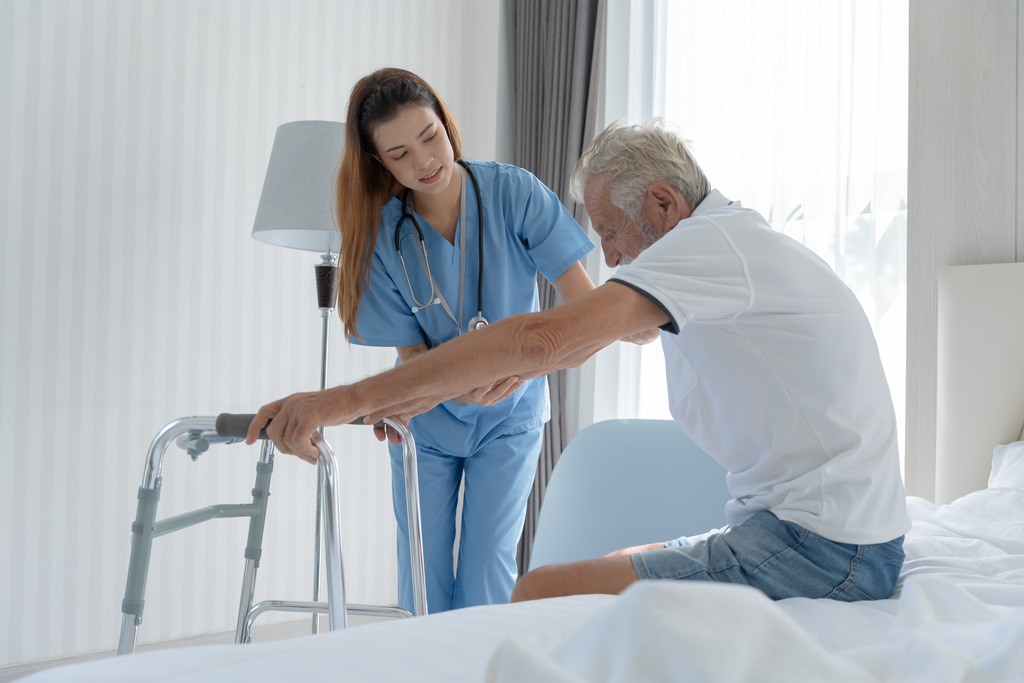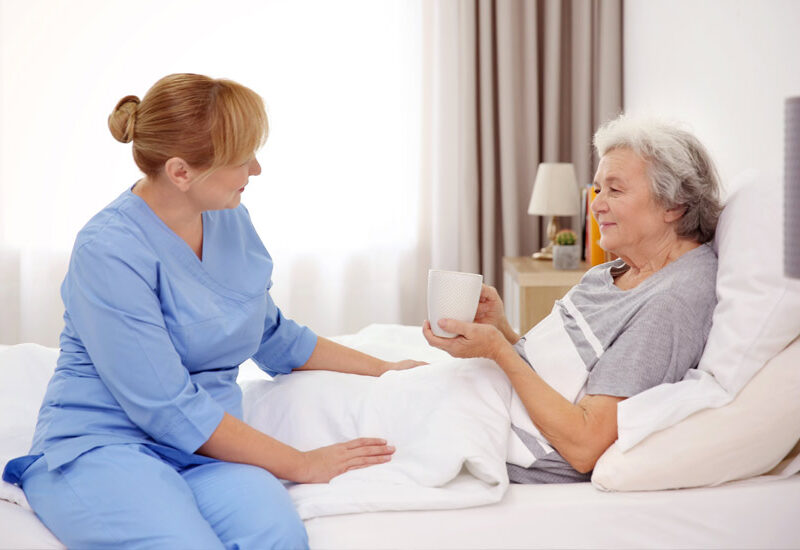Everyone wants to feel in control of their own life. That doesn’t change just because someone gets older, has surgery, or develops a health problem. In fact, losing independence can be one of the hardest parts of dealing with health issues. That’s where skilled nursing comes in. It gives people the medical help they need without taking away their ability to live life on their own terms.
Understanding Skilled Nursing
Skilled nursing is more than just basic help around the house. It’s professional medical care given by licensed nurses, often right in the person’s home. This care can include things like wound treatment, medication management, physical therapy exercises, and monitoring health changes.
The main difference between skilled nursing and regular home care is the level of training involved. A skilled nurse can handle medical needs that go beyond what a personal aide or family member can provide. That makes it a valuable option for people who want to stay independent but still need a high level of care.
Why It Matters for Independence
When people get the right kind of care, they can avoid unnecessary hospital stays and stay in familiar surroundings. Being in a comfortable, safe environment can make recovery easier and reduce stress. Skilled nursing supports this by making sure medical needs are met without forcing someone to move into a facility.
For example, someone recovering from surgery might need daily wound checks, medication adjustments, and regular progress reports for their doctor. With skilled nursing, all of that can happen at home. The person doesn’t have to arrange transportation every day or depend entirely on someone else to make sure the care gets done.
If a family is looking for a trusted option, they might consider All American Care’s skilled nursing services as a way to keep their loved one safe while still giving them the freedom to live at home.
The Emotional Side of Staying Home
Independence isn’t just about doing things without help. It’s also about feeling confident, respected, and in control. Moving into a nursing facility can be a big emotional adjustment. Some people feel like they’ve lost a part of themselves when they leave their home.
Skilled nursing allows them to keep their surroundings, routines, and personal space. This comfort can help with mental health, which often plays a big role in physical recovery. A familiar environment means people can keep their own schedule, see friends and family whenever they want, and hold on to the little details that make life feel normal.
Preventing Bigger Health Problems
One of the most important parts of skilled nursing is early detection. Nurses are trained to notice small changes that might mean a bigger problem is developing. Catching issues early can prevent hospital trips or emergency situations.
For example, a nurse might notice swelling in a patient’s legs and realize it’s a sign of fluid buildup, which could lead to heart trouble. By addressing it right away, they can get treatment before it turns into something serious. That kind of watchful care can make the difference between staying home and being admitted to the hospital.
Building Confidence Through Care
It might sound strange, but getting the right kind of help can actually make someone feel more independent, not less. When medical needs are handled safely, people can focus on the parts of life they enjoy—spending time with family, hobbies, or even light exercise.
Skilled nurses can also teach people and their families how to manage certain health needs on their own. Learning how to safely check blood pressure, handle wound dressings, or follow a therapy routine can give people more control over their own health.
How Families Benefit Too
Skilled nursing doesn’t just help the person receiving care—it also supports their loved ones. Family members often want to help but may not have the training to handle complex medical needs. Having a skilled nurse on the team takes away that pressure.
This means family visits can be about quality time instead of constant worry over medical tasks. It can also give family caregivers a chance to rest, which reduces burnout and stress.
When Skilled Nursing Makes the Most Sense
While anyone with medical needs can benefit from skilled nursing, it’s especially helpful in situations like:
- Recovery after surgery or an accident
- Managing long-term conditions like diabetes or heart disease
- Monitoring serious illnesses like cancer
- Adjusting to new medications or treatment plans
- Preventing hospital readmissions after an illness
In these cases, the combination of medical expertise and home comfort can lead to better results and faster healing.
Breaking the Myths About Skilled Nursing
Some people think skilled nursing means giving up independence, but it’s often the opposite. Others assume it’s only for people in very poor health, but it’s actually useful for many situations—short-term or long-term.
Another common myth is that it’s the same as basic home care. While both can happen at home, skilled nursing is focused on medical needs, not just everyday tasks like cooking or cleaning. That difference matters when health issues require more than just personal assistance.
Key Takeaways
Skilled nursing offers the medical support people need while letting them stay in their own homes. It helps prevent bigger health problems, builds confidence, and allows both patients and their families to enjoy more peace of mind.
By keeping care personal, skilled nursing can protect independence in a way that feels natural and respectful. For many, it’s the perfect balance between getting help and staying in control of life.


